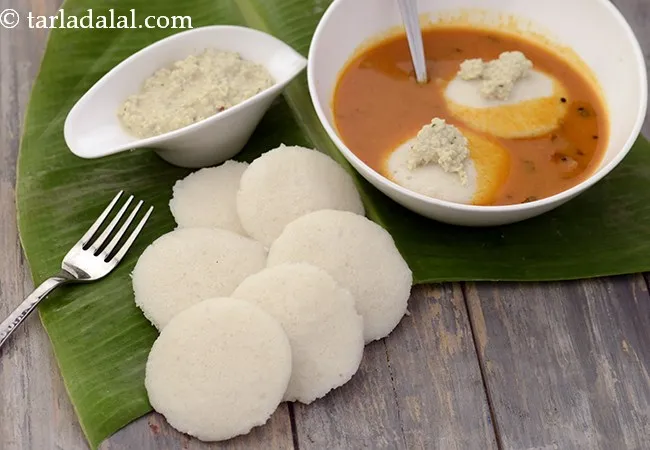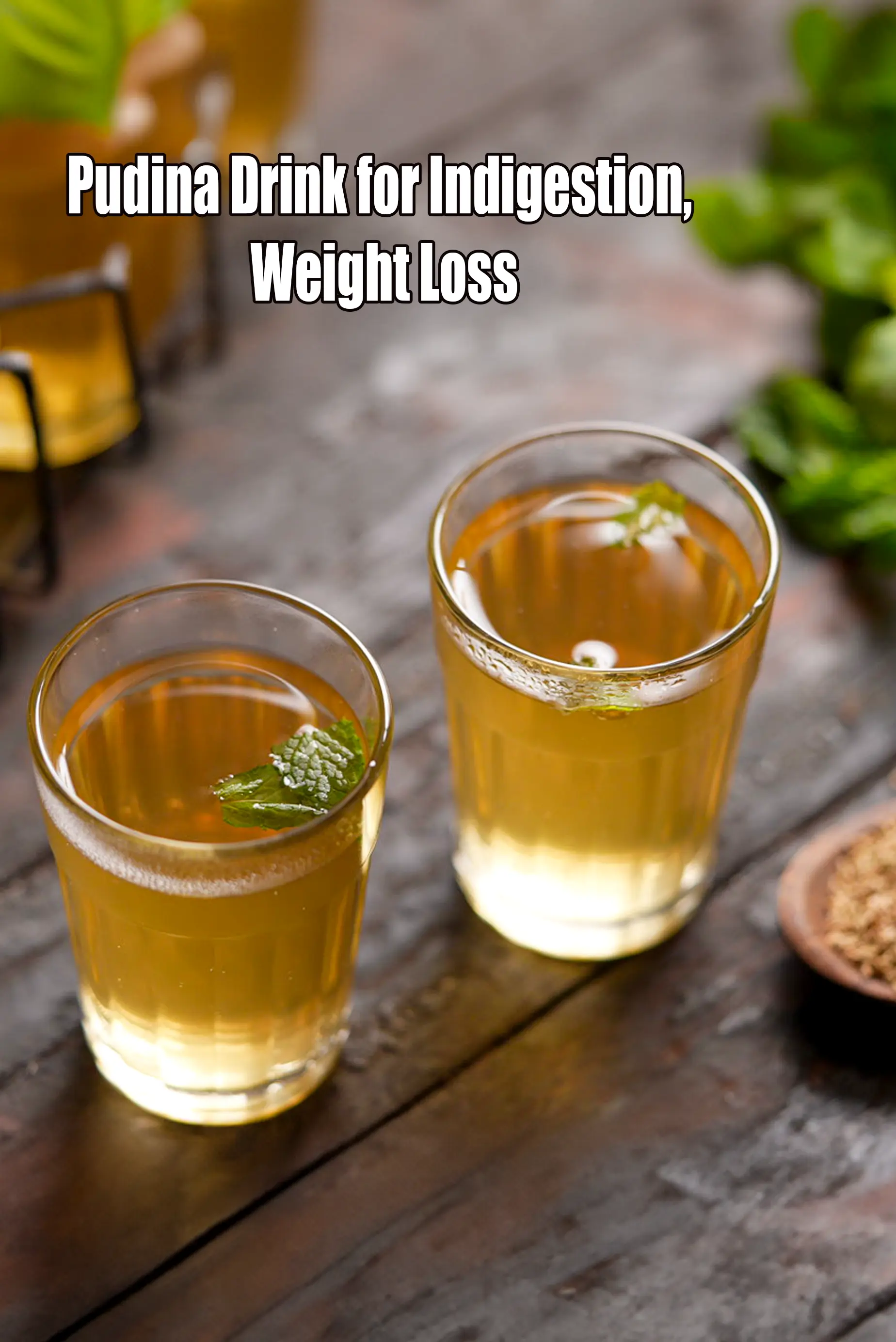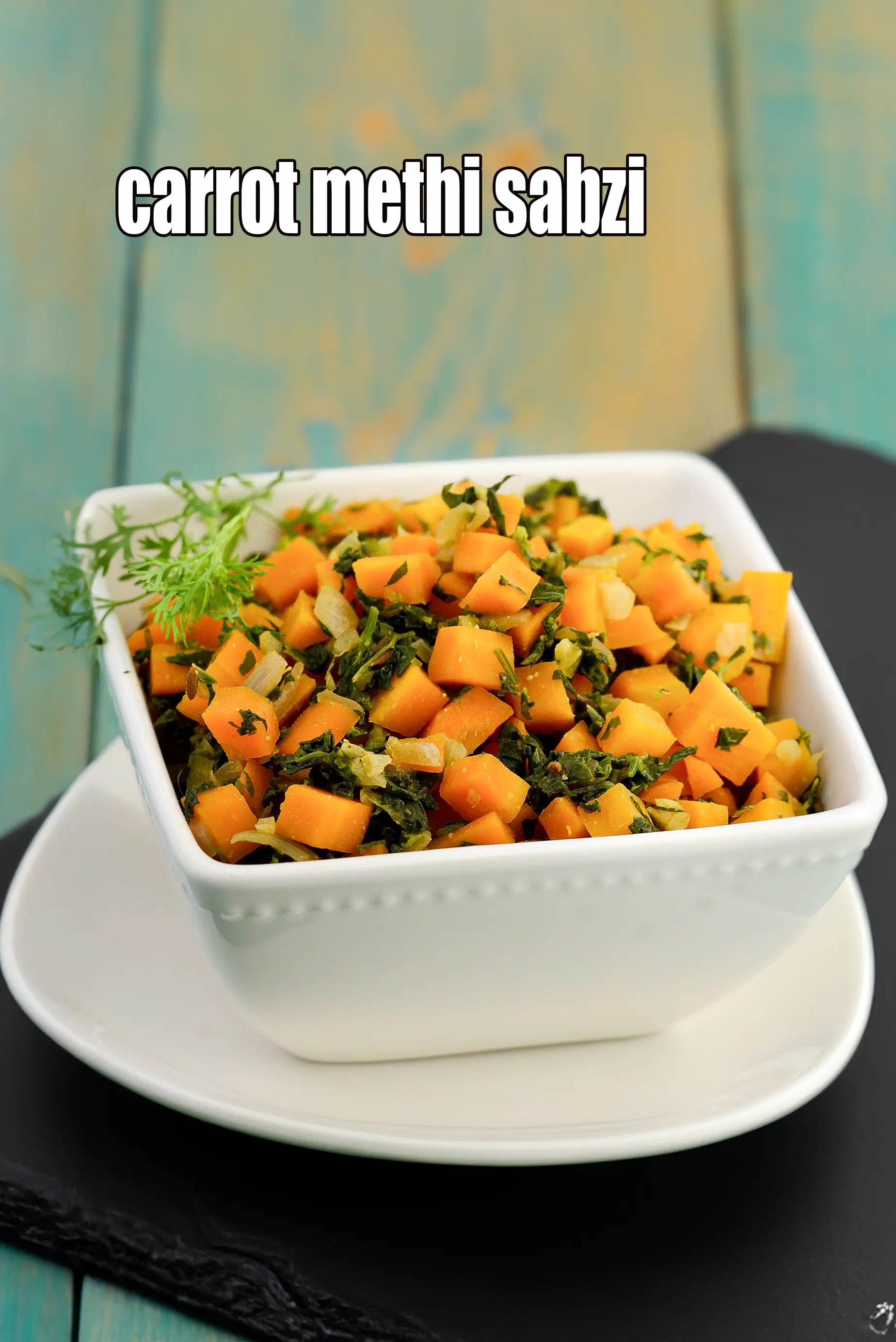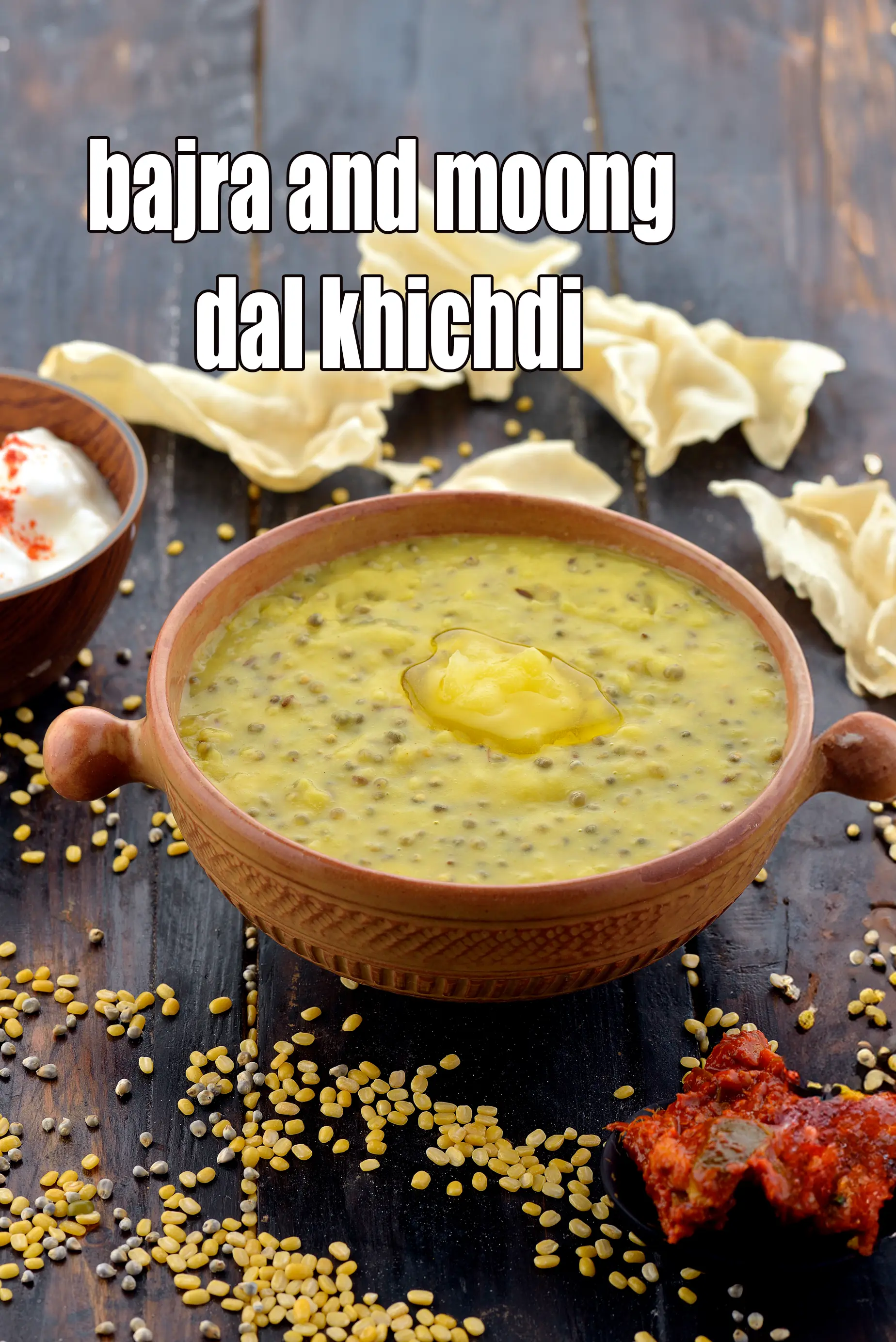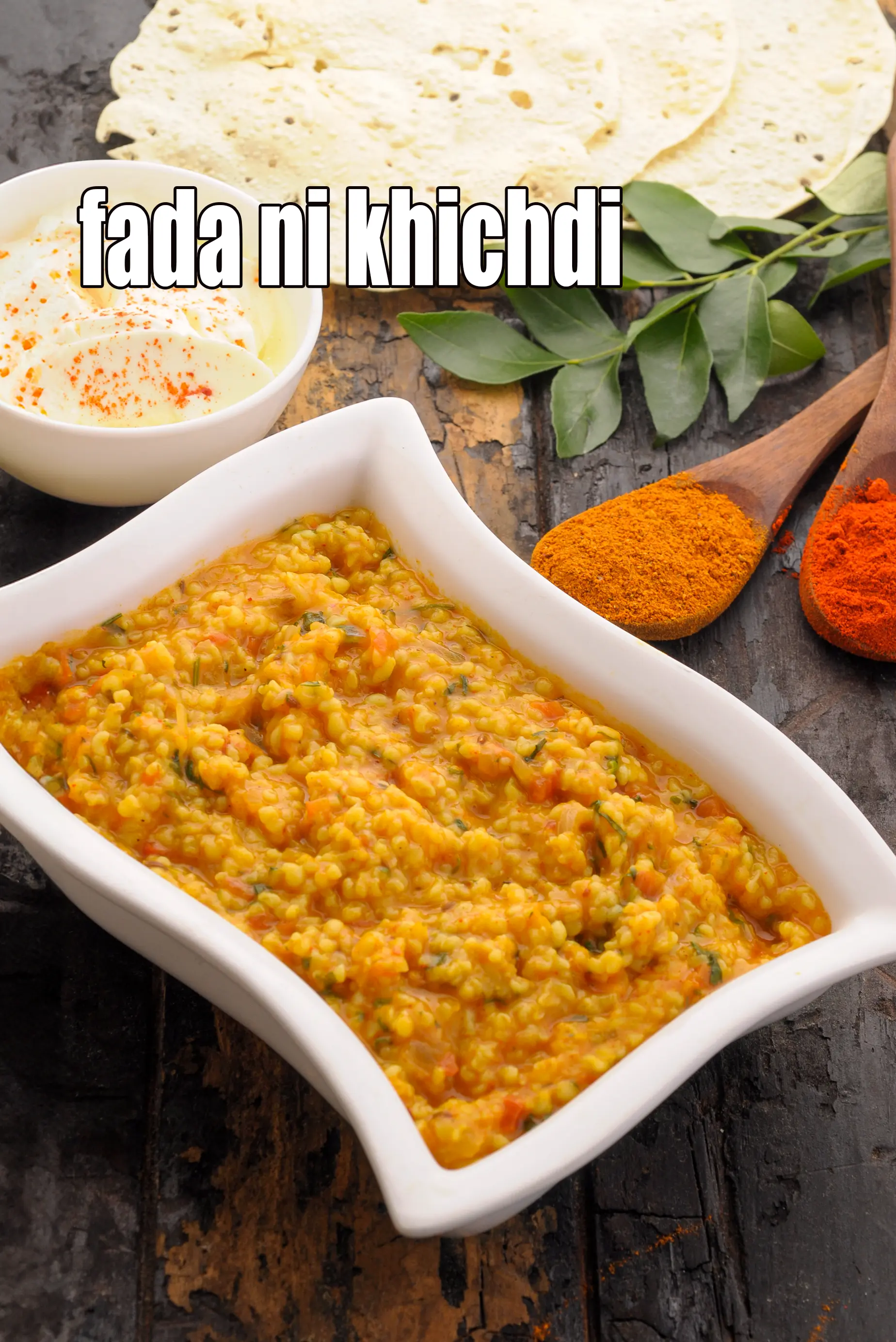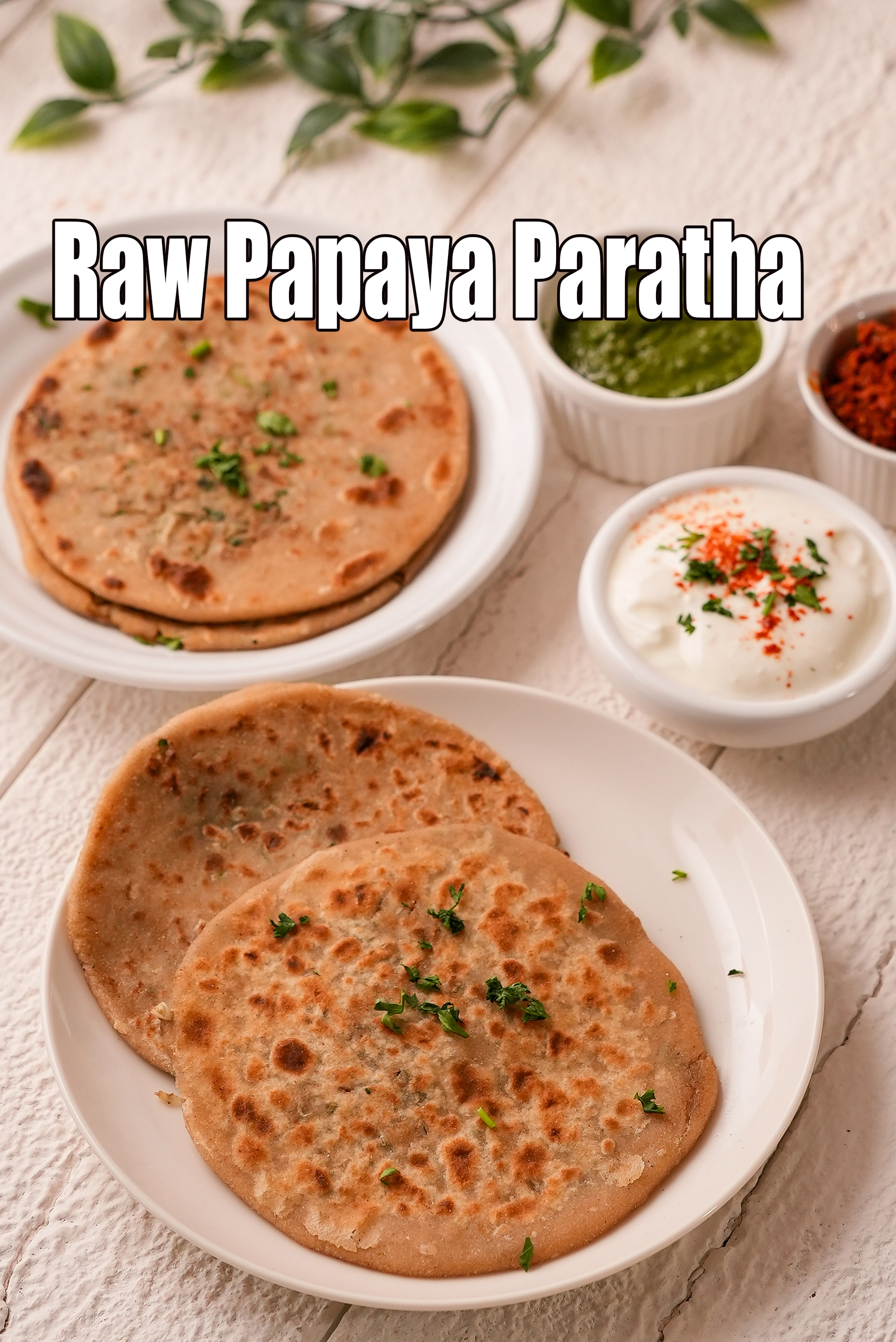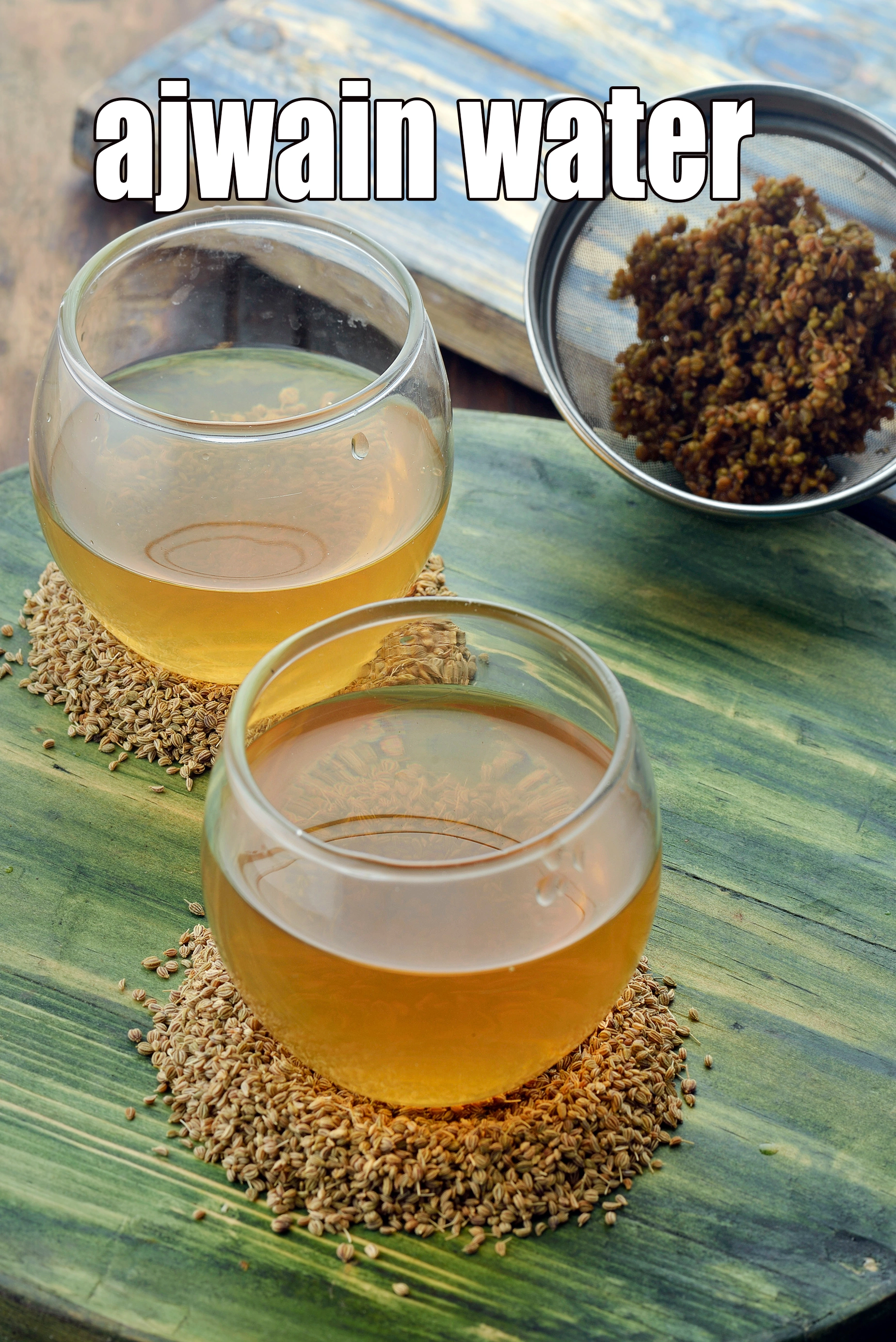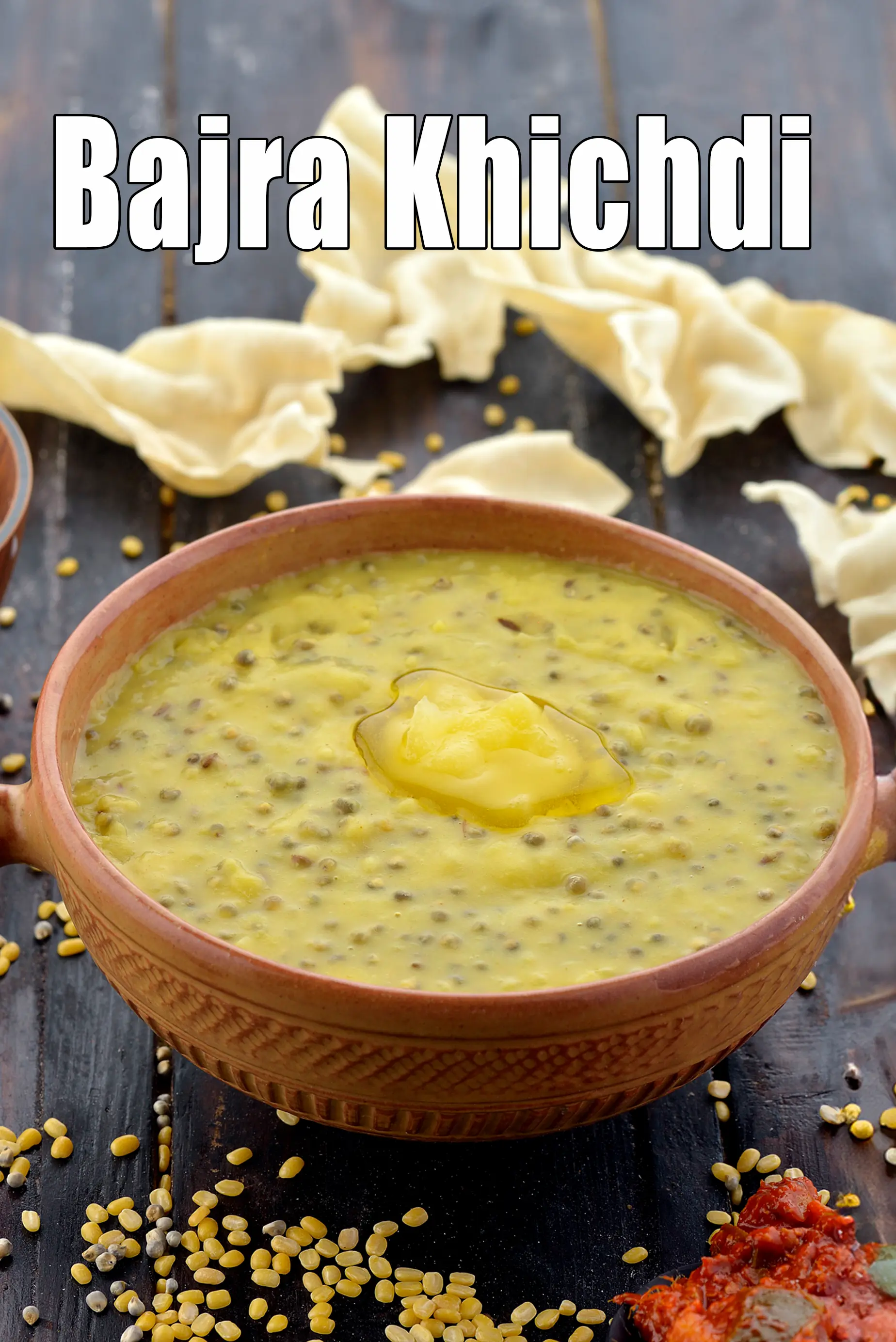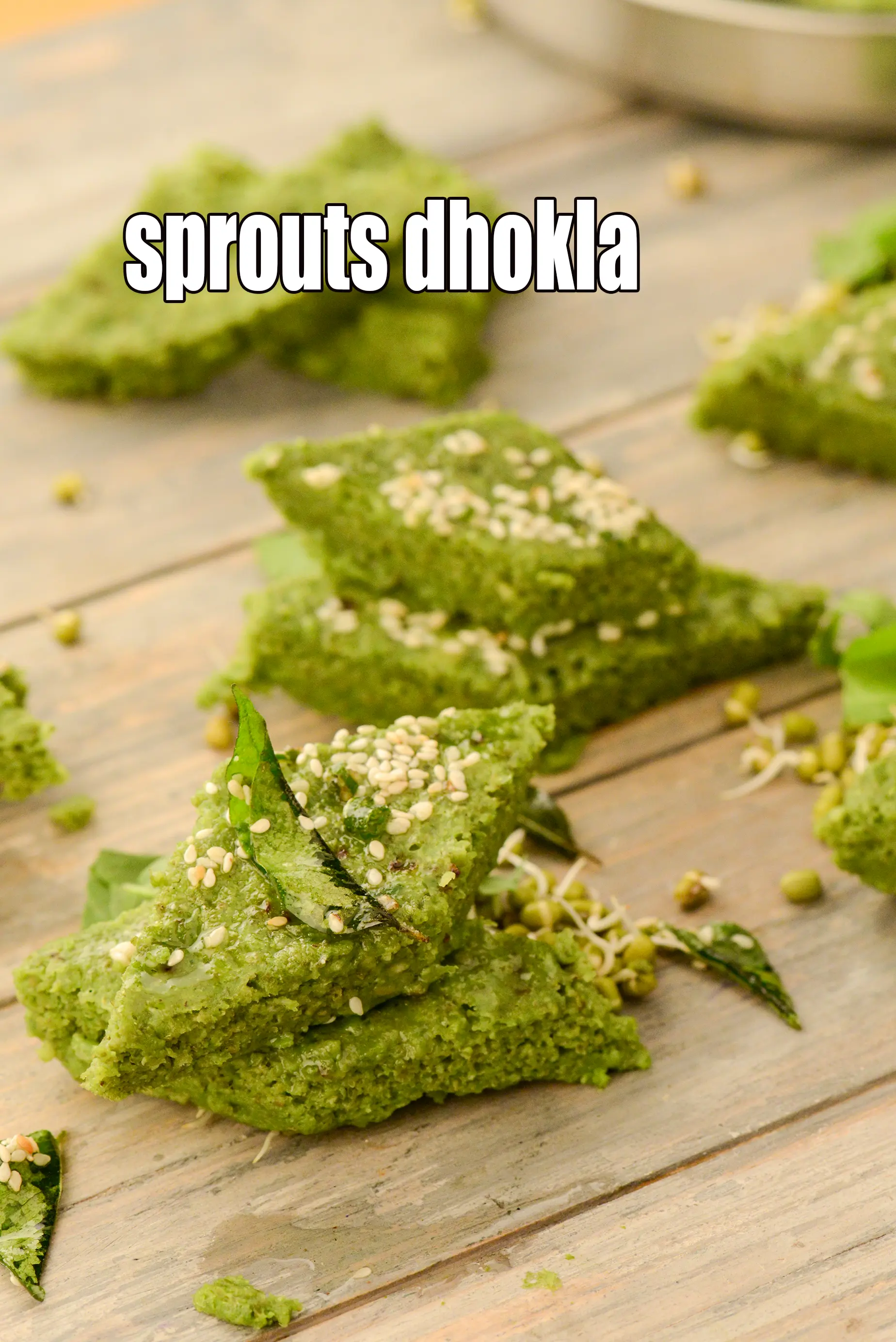Nutritional Facts of Rasam, South India Rasam, Home Made Rasam, Calories in Rasam, South India Rasam, Home Made Rasam
This calorie page has been viewed 39661 times
Table of Content
How many calories does one serving of Rasam, South India Rasam, Home Made Rasam have?
One serving (175 ml) of Rasam, South India Rasam, Home Made Rasam gives 59 calories. Out of which carbohydrates comprise 36 calories, proteins account for 10 calories and remaining calories come from fat which is 14 calories. One serving of Rasam, South India Rasam, Home Made Rasam provides about 3 percent of the total daily calorie requirement of a standard adult diet of 2,000 calories.
Rasam recipe serves 4, 175 ml per serving.
Calories of South India Rasam, 59 calories for 1 serving of Rasam, South India Rasam, Home Made Rasam, Cholesterol 0 mg, Carbohydrates 9.3g, Protein 2.4g, Fat 1.5g. Find how much fibre, iron, calcium, zinc, magnesium, phosphorus, sodium, potassium, folic acid is present in Rasam, South India Rasam, Home Made Rasam
South Indian rasam is the basic recipe cooked in every household of the South virtually everyday! Learn how to make rasam with rasam powder.
There is no place like home, and nothing as soothing as homemade food! In short, a South Indian would say, “Ah, Rasam!” The homeliest of South Indian recipes, rasam with rasam powder is a thin lentil soup perked up with tamarind pulp and chopped tomatoes, a traditional rasam powder, and a simple seasoning of mustard seeds and curry leaves.
To make rasam, first make the rasam powder. Combine the coriander seeds, Kashmiri chillies, back peppercorn, toovar dal, chana dal and a pinch of cumin seeds and sauté on a medium flame for 2 to 3 minutes. Allow to cool completely. Once cooled, blend in a mixer to a smooth powder. Keep aside. Then pressure cook toovar dal with enough water and blend it with a hand blender. Add the prepared rasam powder into it, mix well and keep aside.Combine the tomatoes, tamarind pulp, turmeric powder, asafoetida, salt and 3 cups of water, mix well and cook on a medium flame for 8 to 10 minutes, while stirring occasionally. Add the prepared dal-rasam powder mixture, mix well and cook on a medium flame for 3 to 4 minutes, while stirring occasionally. Keep aside. Make a tempering of hot oil and mustard seeds and curry leaves and add it to the rasam and cook for 1 minute. Add coriander and mix well and serve.
The aroma of fresh roasted spices that surges out the pot as soon as the seasoning is added, is enough to draw everybody to the table. The touch of tempering of mustard seeds and curry leaves in ghee towards the end of cooking is the final flavourful touch to this sumptuous fare. Enjoy restaurant style rasam like a soup or have it with Medu Vada, Idli or Rice.
Idli
In South Indian rasam, we have chalked out the recipe of homemade rasam powder for an authentic experience. But to save on time, you can also buy readymade rasam powder.
So brilliant is its tangy-spicy flavour, strong enough to shake out a bad cold, yet soothing enough to warm your heart, that rasam has become famous in Indian restaurants across the world as a soup!
Tips for rasam. 1. We recommend you use measuring spoons for each ingredient of rasam powder and master making this famous South Indian spice blend. 2. To make tamarind pulp at home, soak the tamarind pods in just enough warm water for about 15-20 minutes or till they turn soft. Mash using your hands and roughly strain the pulp (you can do it with your hands itself) and discard the hard black coloured seeds as well as the fibrous parts. The soft pulp you have strained out is tamarind pulp.
Is Rasam, South India Rasam, Home Made Rasam healthy?
Yes, this is healthy.
Let's understand the Ingredients.
Toor Dal (tuvar dal, arhar dal, toovar dal) : Toor dal is rich in proteins, the building block of good health. It is High in fiber and diabetic and heart friendly also. Being an excellent source of folic acid, pregnant women must include toor dal in their daily diet. Being an excellent source of fibre it helps in preventing and relieving gastric problems like constipation. See detailed benefits of toor dal.
Tomatoes : Tomatoes are extremely rich source of Lycopene. Tomatoes are a powerful antioxidant, super rich in Vitamin C, good for heart. Tomatoes are a Pregnant women's friend and are rich in Folate or Folic Acid which helps your body to produce and maintain new cells, especially red blood cells. Read about 13 amazing benefits of tomatoes.
Imli (Tamarind) : Tamarind is good for heart due to the fibre present which has a cholesterol lowering effect. It is also good for diabetics. But too much tamarind is bad for health.
Hing ( Asafoetida) : The active compound 'coumarin' helps in managing blood cholesterol and triglyceride levels. Asafoetida is known to have anti-bacterial properties, which helps to keep asthma at bay. Asafoetida is an age-old remedy for bloating and other stomach problems like flatulence. The best solution is to gulp down little hing with water or dissolve it in water and sip it. It can also be used along with curd or almond oil as a hair mask. It helps to prevent dryness of hair and smoothen as well as strengthen hair.
Turmeric Powder (Haldi) : Turmeric helps in digestion of food thus helping to overcome indigestion. Haldi may help in reducing the growth of fat cells in the body. Turmeric, being rich in iron, is highly valuable in the treatment of anaemia and both the root as well as the powder should be a regular part of an anaemic diet. One of the health benefits of turmeric is it’s anti-inflammatory property due to the active compound, Curcumin, which helps to relieve inflammation of the joints and thus is a ladder to relieve pain related to arthritis. The curcumin in haldi also helps to ward of the bacteria’s causing cold, cough and throat irritation. Turmeric benefits in diabetes management by lowering blood glucose levels. Its antioxidant and anti-inflammatory effects are useful in the treatment of diabetes patients. It is known to be a good brain food and keep diseases like Alzheimer’s at bay. See here for detailed turmeric benefits.
Mustard Seeds: Tiny little mustard seeds, mostly added as a tempering, lend an interesting bite, exotic flavour and tempting aroma to Indian foods. Mustard seeds are from the mustard plant, which is a cruciferous vegetable related to broccoli, Brussels sprouts and cabbage.
Coriander (kothmir, dhania) : Coriander is a fresh herb often used as a flavour enhancer in Indian cooking. It is mainly used as a garnish. This is the best way to use it - no cooking. This preserves its vitamin C content which helps to build our immunity and bring that sparkle to the skin. The antioxidants vitamin A, vitamin C and the quercetin present in coriander works towards strengthening our immune system. Coriander is a fairly good source of iron and folate – the 2 nutrient which help in the production and maintenance of red blood cells in our blood. Good for reducing cholesterol and good for diabetics. Read 9 benefits of coriander to understand details.
Kashmiri chilli: Like red chillies, Kashmiri chillies also have vitamin C, though in smaller quantites than the fresh red chillies. This helps to boost immunity and improve skin health. They also have minute amounts of copper, potassium, manganese, magnesium and iron along with B vitamins. Small amounts of Kashmiri chilli powder can aid digestion, but more quantity can affect the lining of the digestive tract.
Benefits of Black Pepper ( kali mirch) : Black pepper has been identified to stimulate the digestive juices and enzymes in the gut thus lending a helping hand in maintaining digestive health. The antibacterial nature of black pepper helps to relieve cold and cough, especially when black pepper is ground and mixed with honey and consumed. kali mirch may help in maintaining normal blood sugar levels as it improves insulin sensitivity. So diabetics and weight watchers with high blood sugar levels both can benefit from black pepper. Kalimich is known to boost metabolism and promote fat cell breakdown. Yes, the piperine in it may help you overcome obesity, weight loss. See detailed benefits of black pepper, kali mirch.
Chana Dal ( split bengal gram) : One cup of cooked Chana Dal provides 33% of your protein for the day. Chana dal is heart and diabetic friendly, also rich in fiber. Chana dal has high amount of potassium and low amount of sodium which makes it very effective in regulating your blood pressure. Read this article on complete benefits of chana dal.
Benefits of Cumin Seeds ( jeera) : The most common benefit of jeera known to many is to soothe the stomach, intestine and the entire digestive tract. Cumin seeds are apparently a very good source of iron. A tbsp. of cumin seeds can fulfil nearly 20% of days iron requirement. Even small quantity of cumin seeds has huge amounts of calcium ( see calcium rich Indian foods ) – a bone supporting mineral. They aid is digestion, weight loss and help reduce inflammation. See detailed benefits of cumin seeds, jeera.
Note : 1 cup = 200 ml (standard cup available in the market). The weight in grams varies for each ingredient.
Can diabetics, heart patients and overweight individuals have Rasam, South India Rasam, Home Made Rasam?
Yes, this recipe is good for diabetics, heart and weight loss. We have avoided sugar and milk to make the recipe healthy. The fibre (4.1 g in ¼ cup) present in yellow moong dal prevents the deposition of bad cholesterol (LDL) in the arteries which promotes a healthy heart in turn. Low fat Milk is low in carbs and therefore does not raise blood glucose levels.
Can healthy individuals have Rasam, South India Rasam, Home Made Rasam?
Yes.
One serving of Rasam, South India Rasam, Home Made Rasam is high in
1. Vitamin B1 : Vitamin B1 protects nerves, helps in carbohydrate metabolism, prevents heart diseases and helps produce red blood cells.
2. Vitamin C : Vitamin C is a great defence against coughs and colds.
Note : a recipe is deemed high in a Vitamin or mineral if it meets 20% and above the recommended daily allowance based on a 2,000 calorie diet.
How to burn 59 calories that come from one serving of Rasam, South India Rasam, Home Made Rasam?
Walking (6 kmph) = 18 mins
Running (11 kmph) = 6 mins
Cycling (30 kmph) = 8 mins
Swimming (2 kmph) = 10 mins
| Energy | 59 cal |
| Protein | 2.4 g |
| Carbohydrates | 9.3 g |
| Fiber | 1.3 g |
| Fat | 1.5 g |
| Cholesterol | 0 mg |
| Vitamin A | 196.1 mcg |
| Vitamin B1 | 0.1 mg |
| Vitamin B2 | 0 mg |
| Vitamin B3 | 0.4 mg |
| Vitamin C | 7.5 mg |
| Folic Acid | 16.5 mcg |
| Calcium | 22.5 mg |
| Iron | 0.5 mg |
| Magnesium | 11.1 mg |
| Phosphorus | 33.2 mg |
| Sodium | 7.6 mg |
| Potassium | 164 mg |
| Zinc | 0.1 mg |
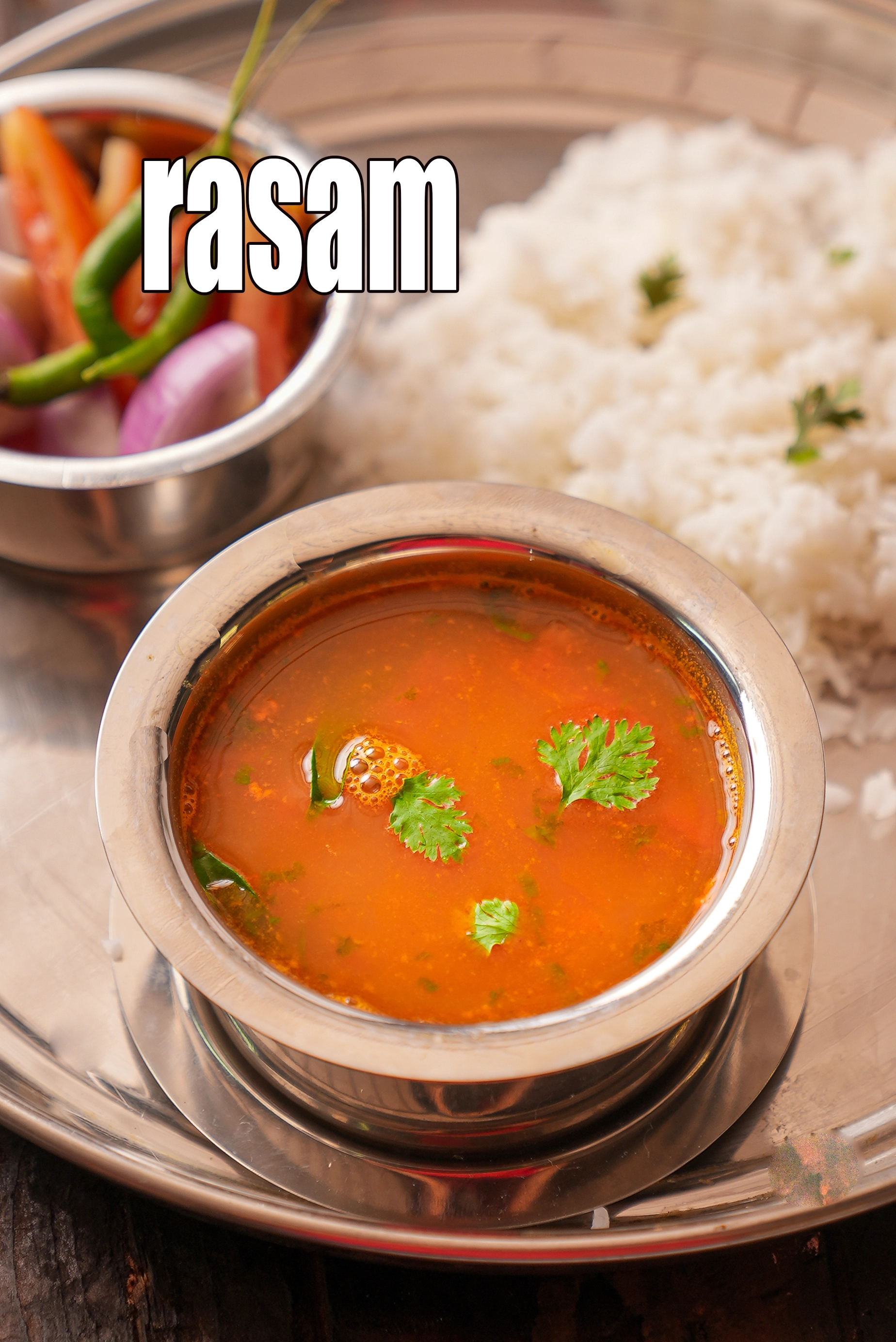
Click here to view Rasam, South India Rasam
Calories in other related recipes
